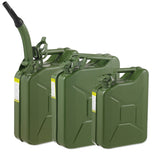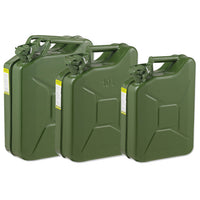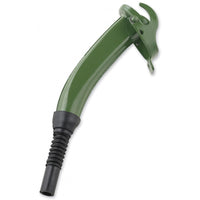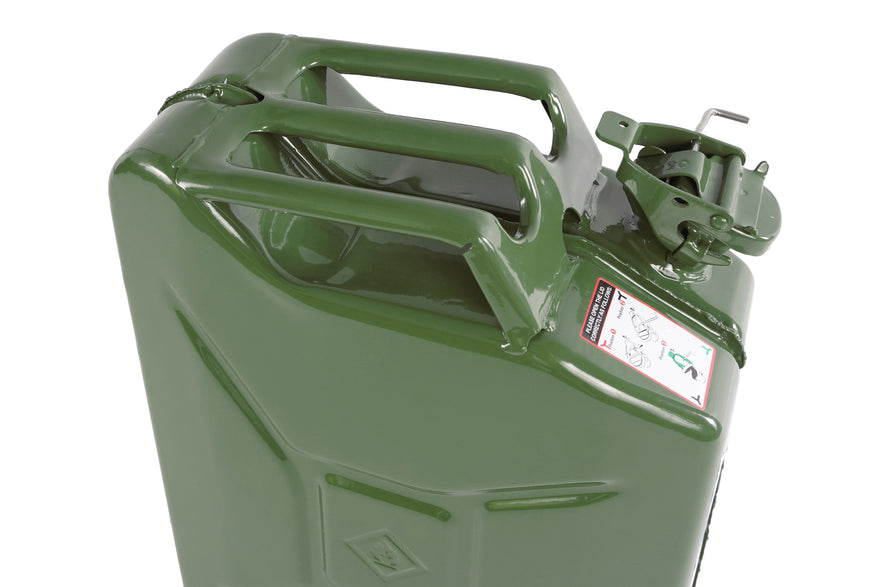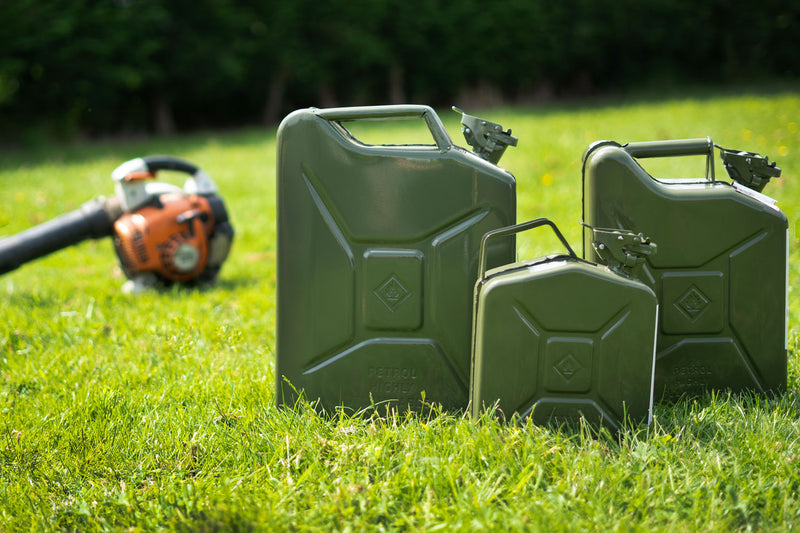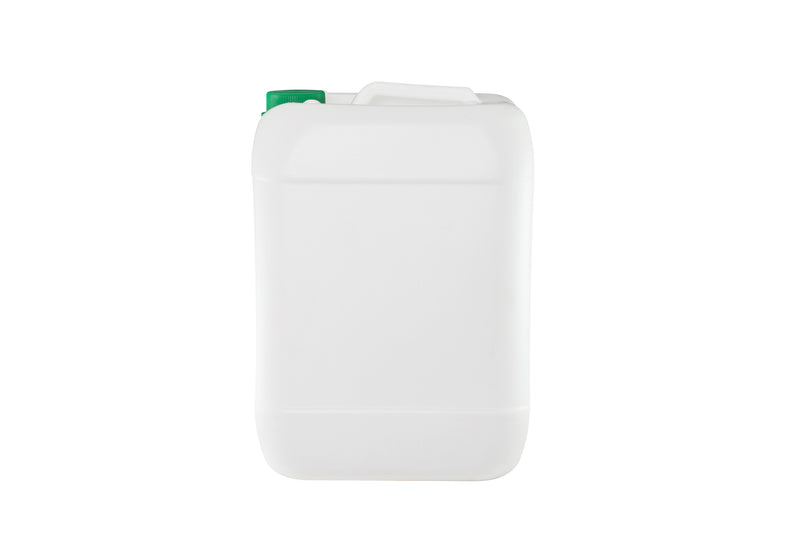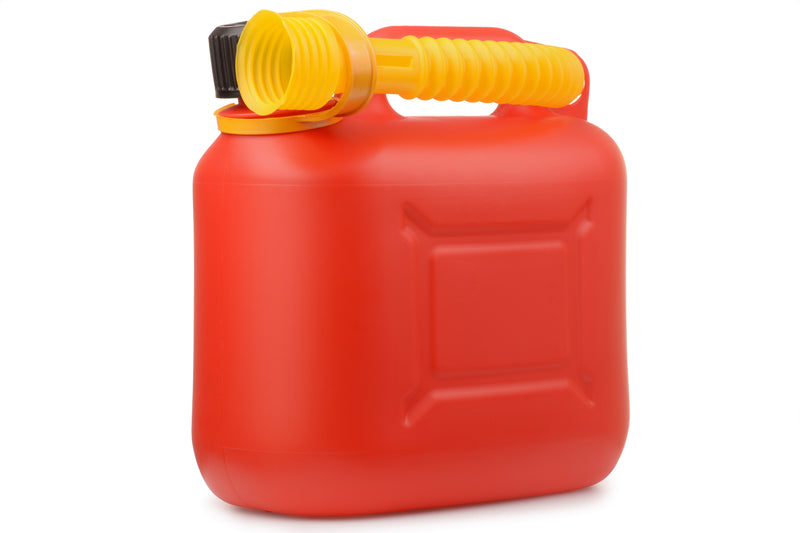Getting The Best Jerry Container For Your Needs
Consider these key factors when choosing the best canister for your needs:
Capacity
How large does your jerry can need to be? Most small machinery (like chainsaws, strimmers, etc.) have small fuel tanks (less than or around 1 litre), so a small (5 litre) jerry can is ideal. A larger one can be useful if you need a jerry can to fill up multiple medium-sized machinery (e.g., lawnmowers), and a larger one can be useful. Our largest 20-litre fuel cans are great for larger vehicles that are bound to a site, such as forklifts. Please note that it is not legal in the UK to store more than 20 litres of fuel in one container by a non-certified person.
Colour
Do you need to differentiate your jerrycans? Although jerry cans are usually green (due to their military origins), different colours are also available to help easily differentiate different fuels. Petrol is usually stored in a green can, and diesel fuel in a black can.
Spouts and Funnels
Do you need a funnel? Many of our jerry cans come with optional detachable or built-in jerry can spouts, which make your life a lot easier and prevent you from needing a funnel when pouring fuels—reducing mess and ecological damage caused by spillages. Some models also feature vent caps to allow a smoother flow and prevent glugging.
Stackability and Storage
If your fuel canisters will be predominantly used for storage, look for cans that allow stable stacking, save space when stored, and allow easy access when needed.
UV and Weather Resistance
Will your jerry can be stored and used indoors or out? For outdoor use, UV and weather resistance are important features. Plastic jerry cans made from UV-resistant materials will last longer when exposed to sunlight. Metal jerry cans with rust-resistant coatings are better suited for use in harsh outdoor weather conditions.
Compliance with Standards
Make sure that the receptacle you choose complies with the relevant safety and quality standards. For fuel storage and other hazardous materials, look for official UN approval certifications. For food-grade cans, ensure they meet BS standards for safe water storage.
Sealing and Leak Proof Designs
To prevent leaks, choose a can with sophisticated sealing mechanisms. When carrying fuels or other hazardous liquids, leakproof designs are especially important.
